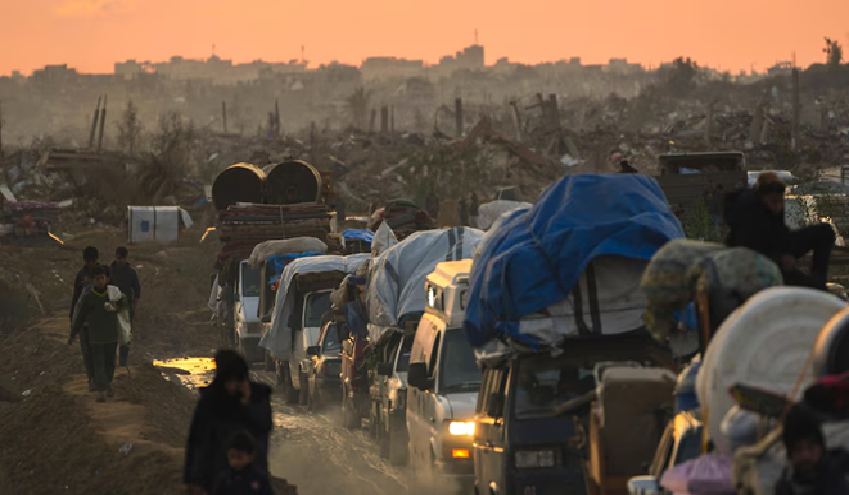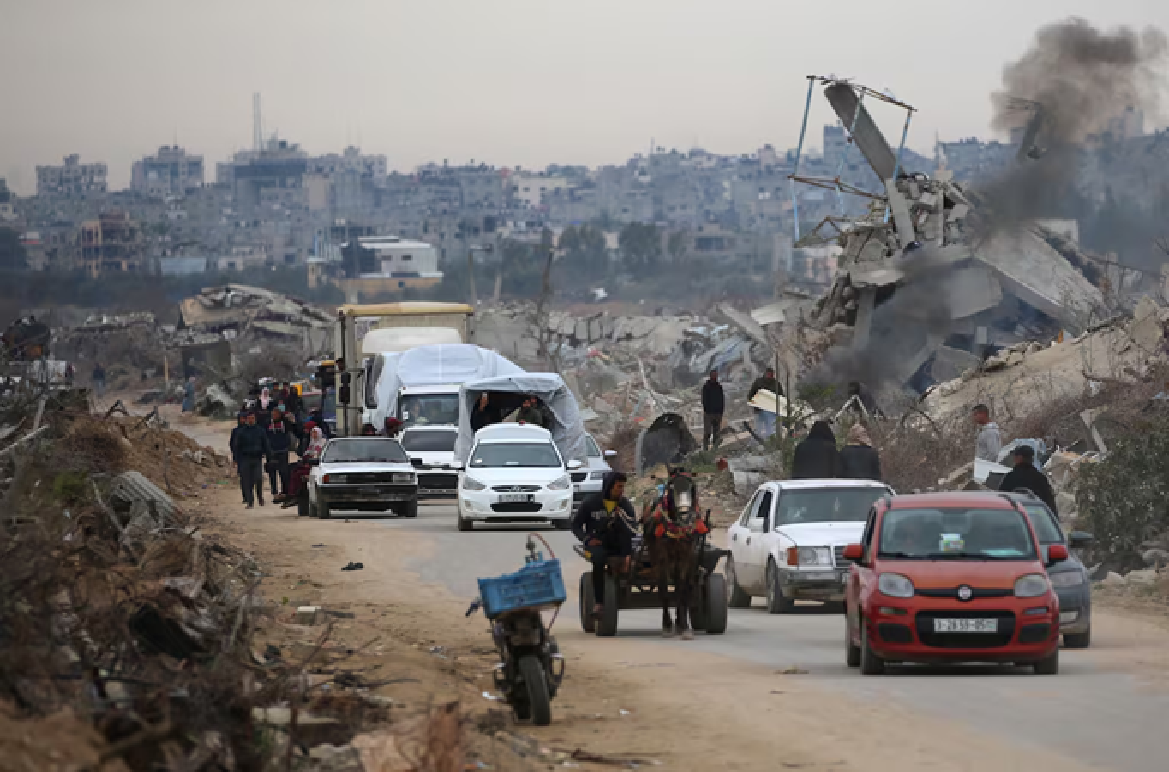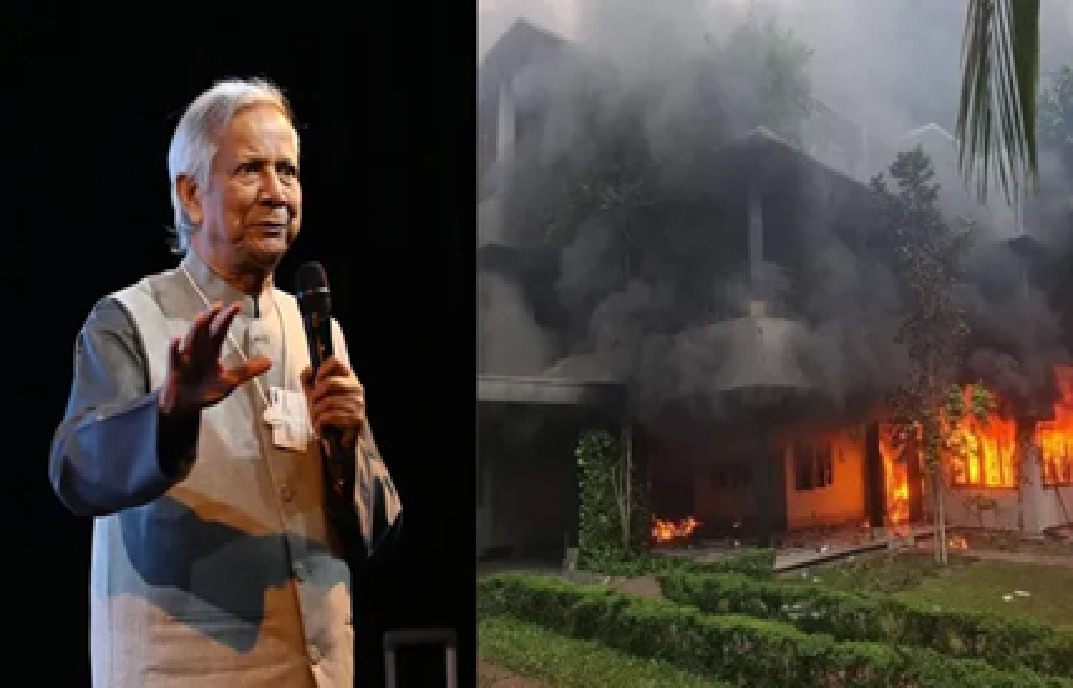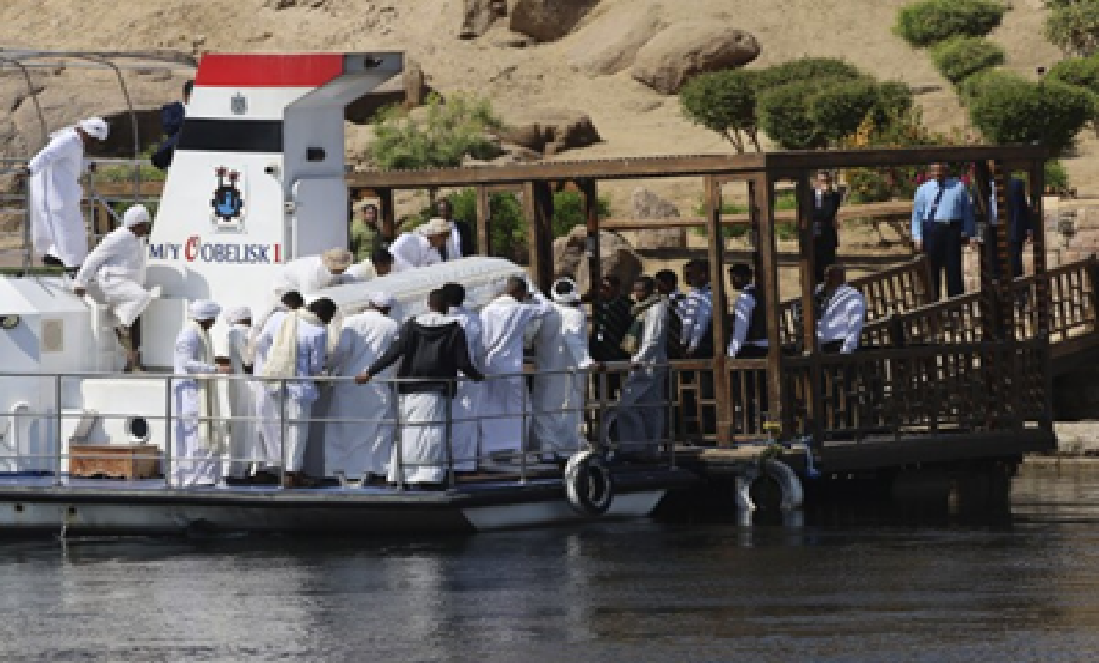
Morocco: Powerful quake kills more than 1,000
Marrakech (Morocco): A rare, powerful earthquake struck Morocco late Friday night, killing more than 1,000 people and damaging buildings from villages in the Atlas Mountains to the historic city of Marrakech.
The toll was expected to rise as rescuers struggled to reach the remote areas hit hardest. People woken by the quake ran into the streets in terror and disbelief.
State television showed people clustered in the streets of Marrakech late at night, afraid to go back inside buildings that might still be unstable. A man said he was visiting a nearby apartment when dishes and wall hangings began raining down, and people were knocked off their feet and chairs.
A woman described fleeing her house after an "intense vibration.''
A man holding a child said he was jarred awake in bed by the shaking. Emergency workers looked for survivors in the rubble of buildings, their reflective yellow vests glowing in the dark.
A hole gaped in the side of a home, and a car was nearly buried by the chunks of a collapsed building in other images broadcast by local media. In Marrakech, the famous Koutoubia Mosque, built in the 12th century, suffered damage, but the extent was not immediately clear.
Its 69-meter (226-foot) minaret is known as the "roof of Marrakech." Moroccans also posted videos showing damage to parts of the famous red walls that surround the old city, a UNESCO World Heritage site.
At least 820 people died, mostly in Marrakech and five provinces near the quake's epicenter, and another 672 people were injured, Morocco's Interior Ministry reported Saturday morning. Of the injured, the ministry wrote, 205 were seriously hurt.
The head of a town near the earthquake's epicenter told Moroccan news site 2M that several homes in nearby towns had partly or totally collapsed, and electricity and roads were cut off in some places.
Abderrahim Ait Daoud, head of the town of Talat N'Yaaqoub, said authorities are working to clear roads in Al Haouz Province to allow passage for ambulances and aid to populations affected, but said large distances between mountain villages mean it will take time to learn the extent of the damage.
Al Haouz is known for scenic villages and valleys tucked in the High Atlas, and Amazigh villages built into mountainsides. The Moroccan military and emergency services mobilised aid efforts to the areas hit by damages, but roads leading to the mountain region around the epicenter were jammed with vehicles and blocked with collapsed rocks, slowing rescue efforts.
Trucks loaded with blankets, camp cots and lighting equipment were trying to region that hard-hit area, the official news agency MAP reported. On the steep and winding switchbacks from Marrakech to Al Haouz, ambulances with sirens blaring and honking cars veered around piles of Mars-like red rock that had tumbled from the mountainside and blocked the road.
Red Cross workers tried to clear a boulder blocking the two-lane highway. Later Saturday morning in Marrakech, ambulances and motorcycles whirred by the edge of the old city, where business as usual mostly resumed Saturday morning.
Tourists and passersby navigated roadblocks and snapped photos of sections of the clay ochre wall that had cracked, spilling fragments and dust onto the sidewalk and street. World leaders offered to send in aid or rescue crews as condolences poured in from countries around Europe, a Group of 20 summit in India, countries around Europe, the Mideast and beyond. (PTI)
 English daily published in Bengaluru & Doha
English daily published in Bengaluru & Doha






